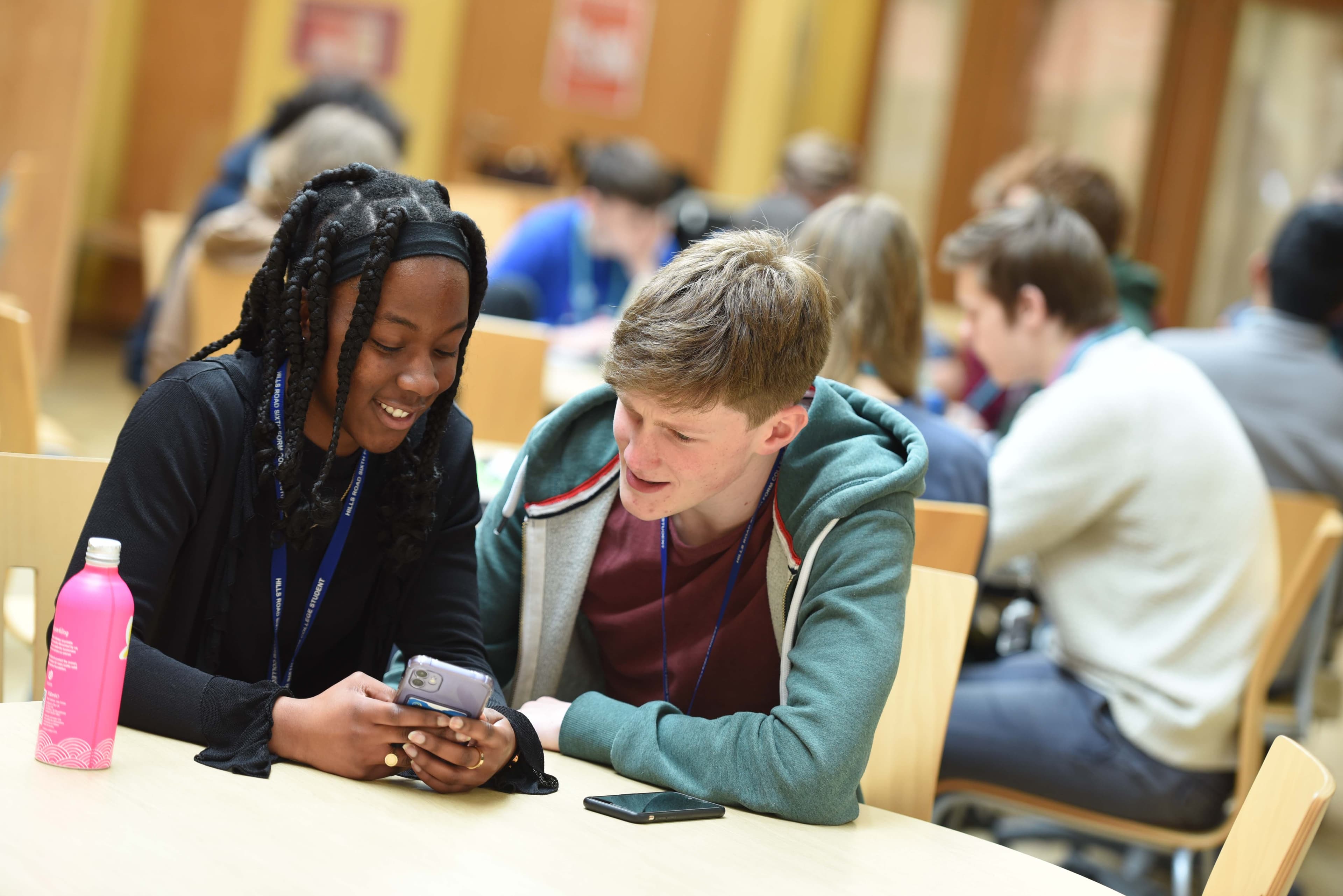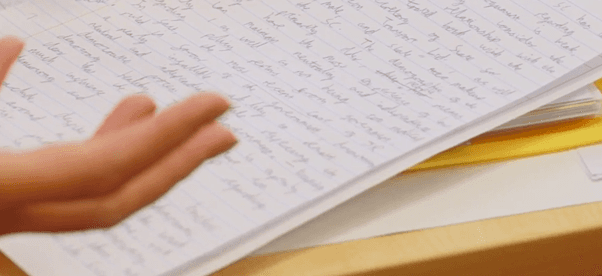Classical Civilisation
Course type
Level 3
Awarding Body
OCR
Duration
2 years
Introduction to Classical Civilisation
Develop an independent critical approach to Literature, History and Politics. This course is open to all students, no matter your GCSE subjects. All texts are studied in translation, so no knowledge of any language other than English is needed. We do not expect any prior knowledge: more than half the students in your class will never have studied any classical subject and the subject will be very different from anything you have done before.
Entry requirements
Subject grades
GCSE grade 6 in English Language or 6 in English Literature
Required Admissions Score
The Minimum Entry Admissions Score for Classical Civilisation is 58 or 56 for Cambridgeshire Area Partnership (CAP) students (a list of CAP schools is in section 2 of our Admissions policy, click the button below).
How is this subject assessed?
100% exam, across three exam papers.
Watch our Classical Civilisation video
About the Course
Classical Civilisation explores the literature, history, culture and thought of ancient Greeks and Romans. With their unique composition and exciting tales of gods and heroes, Homer’s Iliad, Virgil’s Aeneid and the drama produced in 5th century Athens form an excellent grounding for exploration of the classical world.
If you want to examine in detail the anger of Achilles, the tragic heroism of Dido and Oedipus, Cato’s stoicism, and Caesar’s anti-Republican behaviour, and to explore critically the ways in which classical texts might be interpreted, then this is the subject for you.
2025 Classical Civilisation A level results
Course information
The World of the Hero: You will study Homer's Iliad as well as Virgil's Aeneid. You will develop an increasingly sophisticated level of knowledge and understanding of the epics themselves, the way in which they were composed, and the religious, cultural and social values and beliefs of its society. The poems of Homer were considered by the Greeks themselves to be a foundation of Greek culture, standing as they do at the beginning of the Western literary canon. Virgil explored what it was to be a hero in the Roman world and created a work which has proven enduringly popular.
Greek Theatre: The drama produced in the ancient Greek theatre forms some of the most powerful literature of the ancient world and has had a profound and wide-reaching influence on modern culture. In this module, you will study not only the texts of Aristophanes' Frogs and Sophocles, Oedipus the King and Euripides, Bacchae, but also their social, political and religious context. You will also study the representation of theatre in the visual and material culture of Greece.
Politics of the Late Republic: The Late Roman Republic was a period of upheaval and conflicting views on how the Roman state should function. In this component, you will study the political thought of the period of conflicts which eventually led to the downfall of the Roman Republic. Through examining Cato, Caesar and Cicero you will explore the very different lives of three contemporary political figures.
Want to find out more about your core A level programme?
Future Ready programmeHear from our students
Quick facts
Find out more
A level subjects
Latest news from the College




